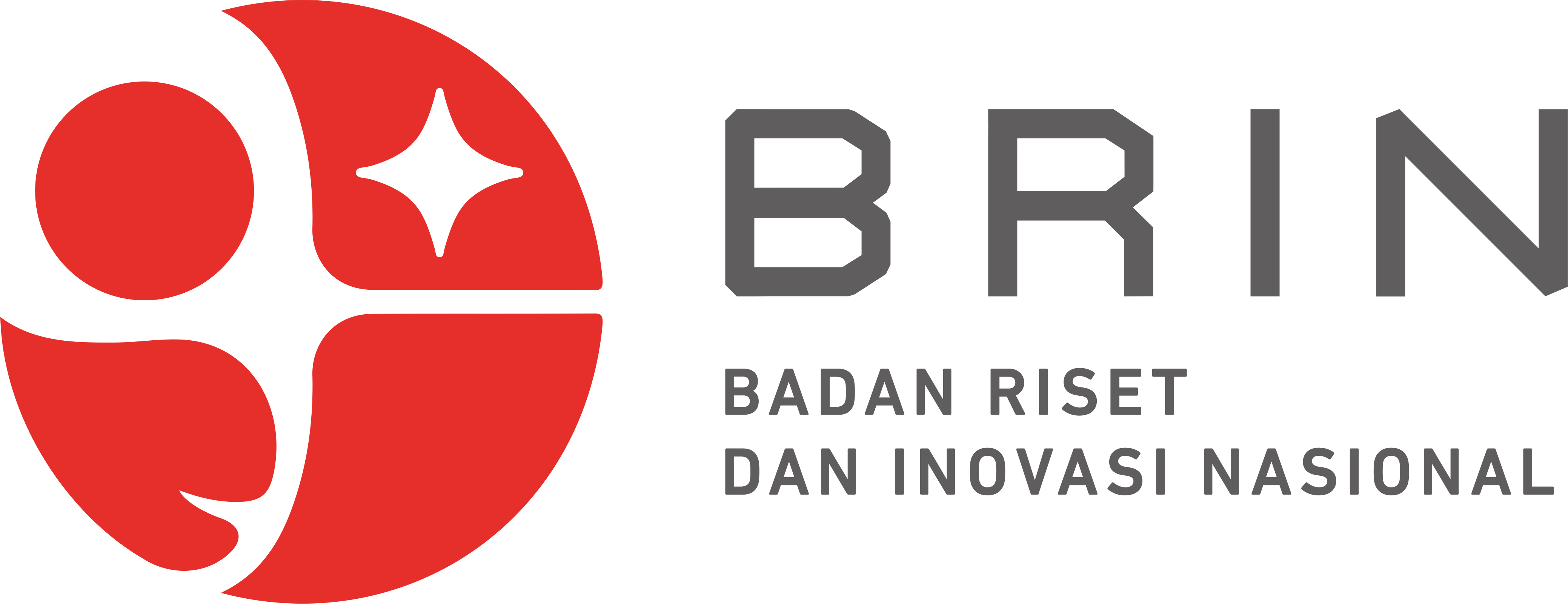Change on Strategic Planning and Impact on Practice of Control Systems Management
DOI:
https://doi.org/10.25181/esai.v7i3.980Abstract
The business environment that is more complex, turbulent and globalization oriented demand the organization to be a ‘smart’ one. The decision of organization’s strategic, tactical, and operating objectives really direct the going concern entity unit business. The long term strategy measured and objective that reflecting from the mission, will implement well if the management control could set it appropriately and influence company’s performance. The function of the management control system is to ensure that the company’s objective that has been decided by the top management based on the mission and vision of the company can be implemented well by all of the organization members on the entire organization structure (Sidharta, 2011). The objective of this research was to analyze the changing process of management control system precede the ownership changing. The frame work of this research was institutional theory. That theory was the primary theory used to study management accounting. PT Semen Gresik had been chosen as the object with an interpretive research paradigm and a case study phenomenology research method. This research resulted that (1) the changing in management control system process was caused by the change in company management (2) the long term plan was made by high accuracy and rationality, and (3) the changing in management control system effect significantly to the enhancement of company performance.Keyword: management control system, phenomenology qualitative research, institutional Theory, change.Downloads
References
Alvesson, Mats. 2003. Interpretive Unpacking: Moderatly Destabilizing Identities and Images in Organization Studies. Postmodernism and Management: Pros, Cons and the Alternative University. Research in the Sociology of Organizations, Volume 21,3–27.
Daymon, C. and Holloway, I. 2002. Qualitative Research Methods in Public Relation & Marketing Communication, Routledge.
DiMaggio, P. J. and Powell, W. W. 1983. ‘The Iron Cage Revisited: Institutional Isomorphism and Collective Rationality in Organizational Fields’, American Sociological Review, 48: 147–60.
Espeland, W.N. & Hirsch, P.M. 1990. Ownership Changes, Accounting Practice, and the Redefinition of the Corporation. Accounting, Organisations & Society, 15, 1/2, 77-96
Jones, C.S. 1992. The Attitudes of Owner-Managers towards Accounting Control Systems Following Management Buy-Outs. Accounting, Organisations & Society, 17, 2: 151-68.
Jones, C.S. 1985. An Empirical Study of the Role of the Management Accounting Systems Following Take- Over or Merger. Accounting, Organisations & Society, 10, 2: 177-200.
Libby, T. and Waterhouse, J.H. 1996. Predicting change in management accounting systems. Journal of Management Accounting Research, 8, 137-50
Marciariello, J.A. 1984. Management Control Systems, Prentice-Hall.
Miles, M. and Huberman, M. 1994. Qualitative Data Analysis, Sage , London
Myers, Michael D. 2009. Qualitative Research in Business and Management, Sage Publication, Singapore.
Ogden, S.G. 1993. The Limitations of Agency Theory: The Case of Accounting Based Profit Sharing Schemes. Critical Perspectives on Accounting, 4, 2: 179-206.
Otley, David. 2003. Management Control and Performance Management: Whence and Whither?. The British Accounting Review, 35:309-326, (Online), dalam Elsevier (www.elsevier.com/locate/bar)
Otley, D., Broadbent, J. and Berry, A. 1995. Research in Management Control: An overview of itsdevelopment. British Journal of Management, 6, Special Issue, December, S31-S44.
Patton, M. Q. 1990. Qualitative Research and Evaluation Methods. Newbury Park, CA: Sage.
Potts, D. 1995. ‘Nationalisation and Denationalisation of State Agriculture in Tanzania 1967-1990’, in Cook, P. & C. Kirkpatrick (eds.), Privatisation Policy and Performance, Prentice-Hall, Harvester Wheatsheaf, 178-97.
Redda, Bereket Mahari. 2007. Post-privatisation changes in management control, firm activities and performance (The case of Eritrea-based firms), A phd Thesis, University of Groningen, The Netherlands.
Sidharta, Eka Ananta 2001. Persepsi Manajer tentang Pentingnya Penggunaan Informasi Akuntansi Manajemen, Tesis, Universitas Brawijaya, Malang
Sidharta, Eka Ananta. 2011. Strategic Partner as a Driven to the Organizational Changes. 11th International Scientific Conference: “ MANAGEMENT HORIZONS IN CHANGING ECONOMIC: VISIONS AND CHALLENGESâ€, Vytautas Magnus University. Lithuania
Slagmulder, R. 1997. ‘Using Management Control Systems to Achieve Alignment Between Strategic Investment Decisions and Strategy’, Management Accounting Research, 8: 103–39
Uddin, Shahzad & Hopper, Trevor. 2003. Accounting for Privatisation in Bangladesh: Testing World Bank Claims. Critical Perspectives on Accounting, 2003 (14): 739–774
Waweru, N.M., Hoque, Z. and Uliana, E. (2004). Management accounting change in South Africa: Case studies from retail services. Accounting, Auditing & Accountability Journal, 17, 5: 675-704.
Weiss, J. 1995. ‘Mexico: Comparative Performance of State and Private Industrial Corporations’, in Cook, P. & C. Kirkpatrick (eds.), Privatisation Policy and Performance, Prentice-Hall, Harvester Wheatsheaf
Wright, M., Thompson, S. & Bobbie, K. (1993). Finance and Control in Privatisation by Management Buy- Out. Journal of Management Studies, 30, 1: 75-99.
Zucker, Lynne G. 1987. Organizations as institutions. In: S.B. Bacharach (Ed), Research in The Sociology of Organizations (Vol. 2, hal 1-47). Greenwich: Elsevier





















